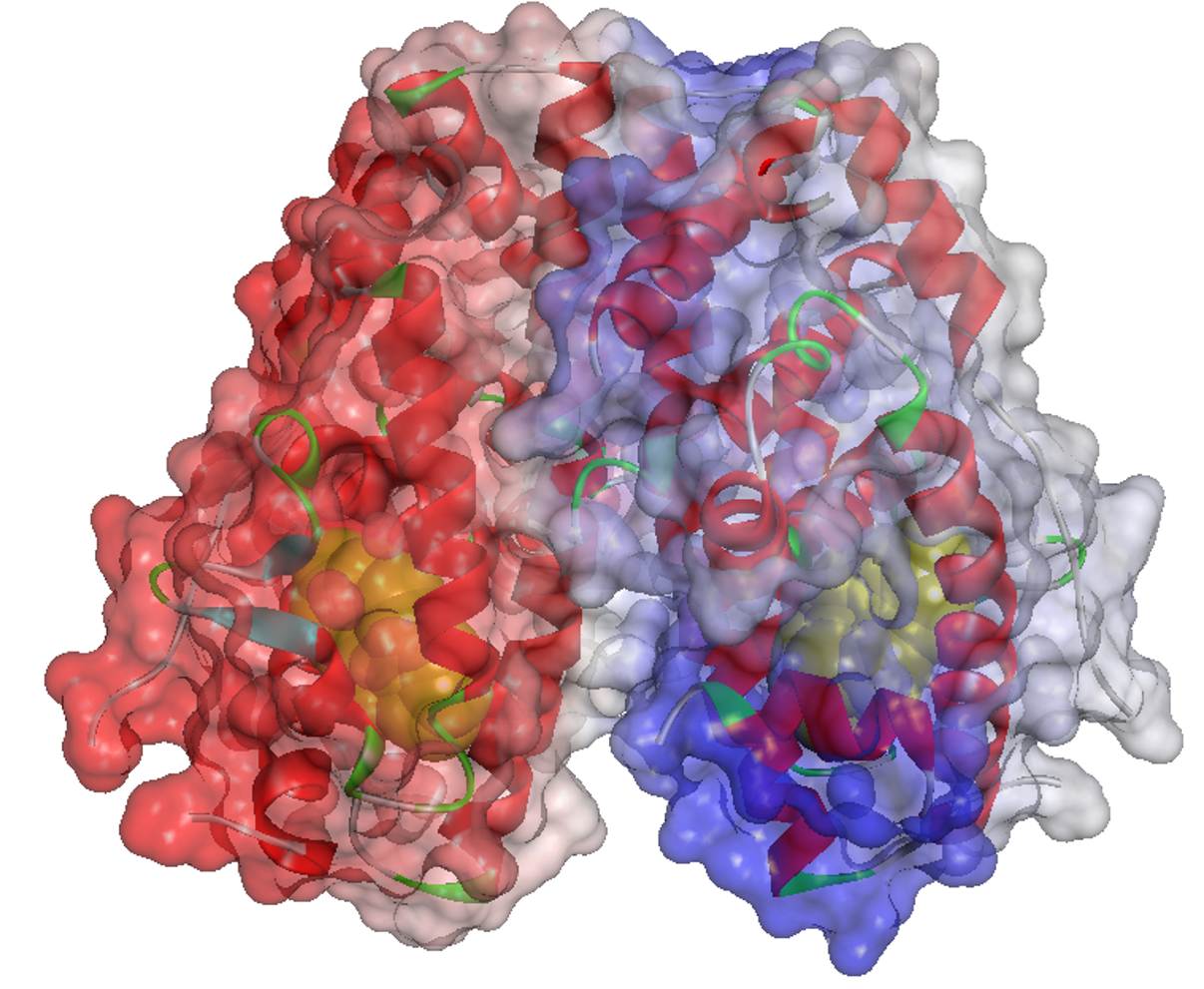

Our Pipeline
Our pipeline of molecular degraders are designed to harness the cells’ natural protein degradation machinery to selectively and efficiently degrade the targeted protein.
Molecular Degraders for Multiple Classes of Targets

Androgen Receptor (AR/ARv7) Degrader
Prostate cancer is the most common cancer in males and the fifth leading cause of cancer mortality worldwide. In the course of their disease, many patients acquire a mutant form of the androgen receptor (AR) termed the androgen receptor splice variant 7 (AR-V7). To date, no effective therapy has been demonstrated for patients with metastatic prostate cancer bearing the AR-V7 signature. The Prospector Platform was used to identify our lead compound, CL-AR-397, that directly binds to the androgen receptor and induces proteasomal-mediated targeted protein degradation of both the full length AR and the mutant AR-V7 isoform.

Estrogen Receptor Degrader
Fulvestrant is an approved therapy used to treat post-menopausal women with estrogen receptor (ER)-positive metastatic breast cancer. This compound works as a target-based, molecular degrader often termed a selective estrogen receptor degrader (SERD). Fulvestrant directly binds to the ligand binding domain (LBD) of the ER, altering the stability of the protein, leading to its accelerated proteasomal degradation. While effective, fulvestrant must be given intramuscularly, which has limited its clinical adoption. Based on the success of fulvestrant, multiple attempts have been made to generate orally available SERDs. These attempts have focused on compounds that, like fulvestrant, bind within the LBD of the ER. Overall, these intensive efforts have generated only limited success. Using our Prospector Platform, we have identified CL-ER-395, a molecular degrader/SERD that binds to the estrogen receptor in a region outside the traditional LBD. This agent should be useful for both breast cancers expressing wildtype ER, and for heavily treated patients bearing mutant forms of the ER, since most mutations cluster within the LBD.

BCL11a Degrader
In humans, the embryonic form of hemoglobin is encoded by a different gene than the adult form of hemoglobin. The switch from embryonic to adult hemoglobin occurs in the first few weeks of life. In some patients, mutations in the adult hemoglobin gene can give rise to serious hematological conditions including sickle cell disease or thalassemia. In these individuals, the clinical severity of their condition has been shown to be affected by the low but variable level of fetal hemoglobin that is persistently expressed in adults. This has led to the notion that these debilitating conditions can be significantly ameliorated if fetal hemoglobin expression was bolstered. In adults, the predominant determinant of fetal hemoglobin expression is the transcriptional repressor BCL11a. We are developing an oral BCL11a degrader/inhibitor, able to increase fetal hemoglobin gene expression, and therefore useful in patients with sickle cell disease or beta-thalassemia.



